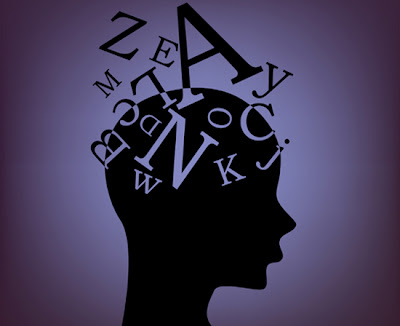It seems evident that there is the closest of relationship between language and thought.
Everyday experience suggests that much of our thinking is facilitated by language. But is there identity Does our language dictate the way in which we are able to think?
Such matters have exercised generations of philosophers, psychologists, and linguists, who have made these apparently straightforward questions more difficult. A simple answer is not certainly possible, but at least we can be clear about the main factors which give rise to these complications.
Kinds of thinking
"thinking" but all of them cannot form a relationship language is involved in our emotional response to some or an unpleasant incident;
We may use language to explain our reaction to others, but the emotion itself is find it essential to think they 'hear' the music they wish to 'write'. Our every day fantasies, day dreams and other free association can all proceed without language.
The thinking which involves language is of a different kind. This is the thinking which involves reason and takes place when we workout problems, tell stories, plan strategies and so on.
It has been called 'rational', 'directed', 'logical' or 'proportional thinking'. Language seems to be very important for this kind of thinking.
The properties of language such as word order and sentence sequencing constitute the medium in which our connected thought can be represented and organized.
the question arises in our mind that how close this relationship is between language and thought.
The second hypothesis is that language and thought are identical that it is not possible to engage any rational thinking.
The second hypothesis is that language and thought are identical that it is not possible to engage any rational thinking without these two positions thought, or thought might be dependent upon language.
The traditional view adopts the first of these: people have thoughts and they put these thoughts into words. This view is well represented in the field of child language acquisition where the child first develops a range of cognitive abilities before the learning of language.
The second possibility has also been widely held; the way people use language dictates the lines along which they can think. This view is also represented in the language encounters with language are the main influence on the way concepts are learned.
A thought possibility which is also widely held these days is that language and thought are inter dependent but this is not to say that they are identical. We need think only of the various kinds of mental operations which we can perform without language, such as recalling a sequence of events.
To see language and thought as interdependent, then, is to recognized that language is the regular part of world, think in order to understand language. It is not a question of one notion taken precedence we are to explain behaviour.
Language may not determine recall things more easily if the things correspond to readily available words or phrases.
If we talk about or explain behaviour, both of these two notions are essential.




















